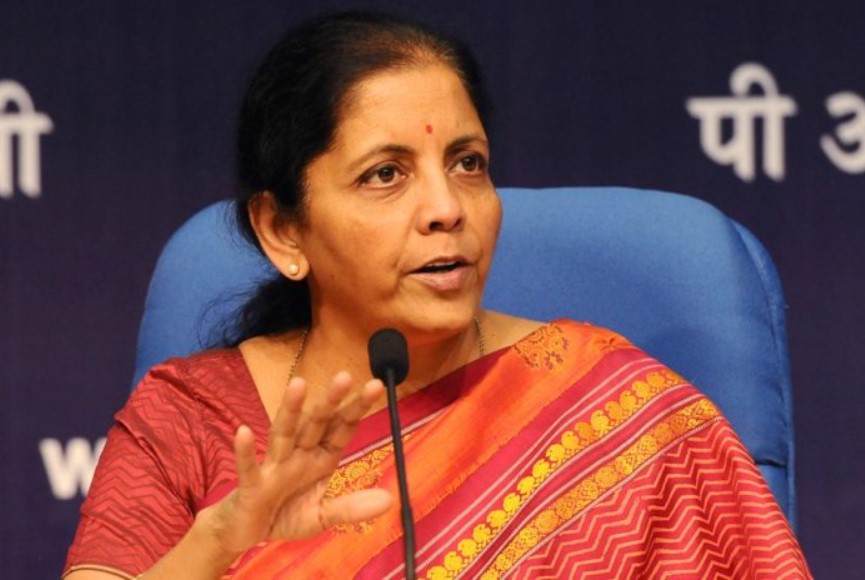India has announced earlier this year that a nationwide ban on private crypto ownership is under development. Recent reports stem from an unknown top government official that India has been developing a bill that would prohibit the trading, mining and even the ownership of any cryptocurrencies. This bill would be one of the world’s strictest policies against cryptocurrencies.
The Reserve Bank of India (RBI) had already attempted to impose a ban on banks accepting transactions related to cryptocurrencies back in 2018. Fortunately, this ban was overturned by the Indian Supreme Court in early 2020. We can only assume this might have been the first attempt in the total prohibition of cryptocurrency in India.
What Will Happen to Cryptos in India?
Talks of this bill have caused major concerns among the Indian crypto community. It states that crypto investors have only six months to liquidate their crypto assets before the bill would take effect later in this year.
Massive fines and even possible jail time has been mentioned. Although it has not yet been confirmed, this could have a major effect on the Indian crypto community and would see many investors and Fintech companies either liquidating crypto assets or relocating their interests elsewhere.
Should the Indian government pass this bill into law, it will be the first economy to make the ownership of cryptocurrency illegal. As even China, being the first country to consider this option, has not done so in full. They had rather banned the trading and mining of blockchain currencies, but not the ownership of them. China also does not recognize cryptocurrency as a legal tender as the banking system does not accept these currencies nor do they provide any relevant services.
The Internet and Mobile Association of India has also requested that cryptocurrencies should not be banned but rather regulated instead. But the country’s reserve bank still feels that cryptos pose a threat to India’s financial stability as explained by the RBI governor in February 2021.
It’s not easy to predict what will happen to the Bitcoin global market price in the near future should this bill be passed by the Indian government. Especially if other countries follow in their lead. As government institutions may find it appealing to regulate these currencies, they could start finding ways to control the use of them within the legislation. And we all know the last thing we need is more misconception about digital currencies being spread around the world.
India’s Finance Minister Speaks Out
In recent developments, however, the Indian Finance Minister Nirmala Sitharaman has released a statement regarding this matter in which she explains this is not necessarily the case. According to Sitharaman, there will be room for experimentation regarding cryptocurrencies as many Fintech companies in India have made major progress in this field.
“A Cabinet note is being prepared. It’s almost nearing completion and then it will be taken to the Cabinet… we will allow a certain amount of window for people to experiment on blockchain and bitcoin. However, the what formulation of cryptocurrency will be part of the Cabinet note which will get ready soon,” she said in a recent interview with India Today News.
It seems as though the looming threat of a ban has not disrupted the crypto community in India as transaction rates are growing rapidly. With an industry estimate of over 8 million investors holding upwards of $1.4 billion in cryptocurrency investments according to an article in Reuters earlier this week, it seems there will be resistance from the public.
Officials from the Indian government have also indicated that they see no issues with the technology behind these currencies. As the Central Bank of India is in the process of developing the framework for an official digital currency using blockchain technology. It seems they are not totally against what seems to be the future in international currency, but rather want to find the means to regulate the use of digital currencies within the country.
Get with the program India. Cryptos are here to stay!

Leave a Reply